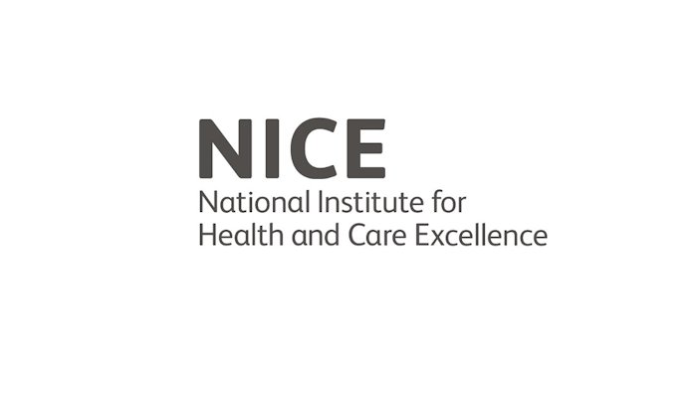
Adult Cerebral Palsy Hub, set up by Emma Livingstone and Miriam Creeger last year, have welcomed new guidelines from the National Institute of Health & Care Excellence (NICE) to address healthcare provision for adults living with cerebral palsy in the UK.
Most adults with the lifelong condition will experience degenerative changes leading to a decline in their mobility by the time they are 40.Two thirds of 111,000 people living with cerebral palsy in the UK are adults.
Research published this year shows adults living with the condition are many more times at risk of depression and anxiety.
Adult CP Hub raises awareness, changes perceptions and works in partnership with medical and research communities to drive a better understanding of cerebral palsy in adults.
Emma, diagnosed with the condition as a young child, has welcomed the new guidelines.
“It’s a start in recognising that people with cerebral palsy require their own bespoke services delivering clinical pathways to receive healthcare,” she said. “It is written to a Gold Standard, highlighting how we can improve services for people.
“We look forward to seeing changes in the clinical landscape and as a charity are looking at the way those services are delivered to best meet the needs of people with cerebral palsy.”
She added, “We hope the NICE guidelines heralds the beginning of an improvement in access to quality medical care.”
Miriam noted, “We want integrated pathways so people with cerebral palsy have bespoke services they can access. Services need reconfiguring to keep people active and mobile for longer, which will create less of a strain on the NHS.
“Sharing good practice and expertise to improve the understanding of health conditions associated with cerebral palsy within multidisciplinary teams of specialists across healthcare settings would help support people living with cerebral palsy to stay active and independent members of society for longer and improve their chances of better physical health and better mental health too.”
“Adults with cerebral palsy have a wide range of disabilities from full independence to needing 24-hour care and attention,” commented Paul Chrisp, Centre for Guidelines at NICE. “But whatever their level of disability, adults with cerebral palsy should be able to be as independent as possible.
“Many may wish to go into further education, get a job, take part in leisure activities and contribute fully to society. Barriers to these goals should be minimised so that adults with cerebral palsy have equal access to every available opportunity.
“This guideline will help to ensure that adults with cerebral palsy have easy access to equitable, cost-efficient services, with a clear network of referral to more specialised services as appropriate.”
He added, “With increasing life expectancy for children with cerebral palsy there is a clear need to improve the provision of services to allow a more joined-up transition from children’s to adult services, this guideline will help with that process.”
Adult CP Hub supports pioneering research, educates the medical profession, allied health professionals and public about the lifelong condition, facilitates community support and campaigns to government bodies about a lack of bespoke services for people living with cerebral palsy.
Following an initial fundraising comedy night to launch the charity last October, which included performances from comedians living with cerebral palsy, Adult CP Hub continues to fundraise.
Money raised from the comedy night will help create a website to share up to date information and a virtual hub. Further funds will go directly to campaigning for change.
Emma qualified as a Speech and Language Therapist at Birmingham University in 1998 and has worked predominantly with children, running services for pre-school and school age children in London. More recently she has worked at City University supporting student speech and language therapists and also practices as a life coach.
Emma has seen a significant decline in her mobility in recent years leading to several surgeries and having to give up work. Frustrated at a lack of knowledge and understanding of cerebral palsy as a disability affecting adults she set up the charity and began campaigning for better support and services and to give a voice to the adult CP community.
Miriam qualified as a Chartered Physiotherapist from Guys Hospital in 1993 and in 1996 started specialising in Neurology. It was while working in Neurophysio Outpatients at St Georges Hospital, Tooting, that her interest in adults with cerebral palsy evolved.
She learnt about the need for holistic care for each individual and the benefit of working collaboratively with other disciplines to gain the best outcome for patients.
Miriam moved on to more senior roles, running inpatient and outpatient Neuro physiotherapy services at The Whittington Hospital and Chase Farm Hospital.
She has continued developing her skills within Neurology and also Elderly Care both within the NHS and now in Private Practice.
Donations can be made through Adult CP Hub’s Facebook page.
By David Saffer









